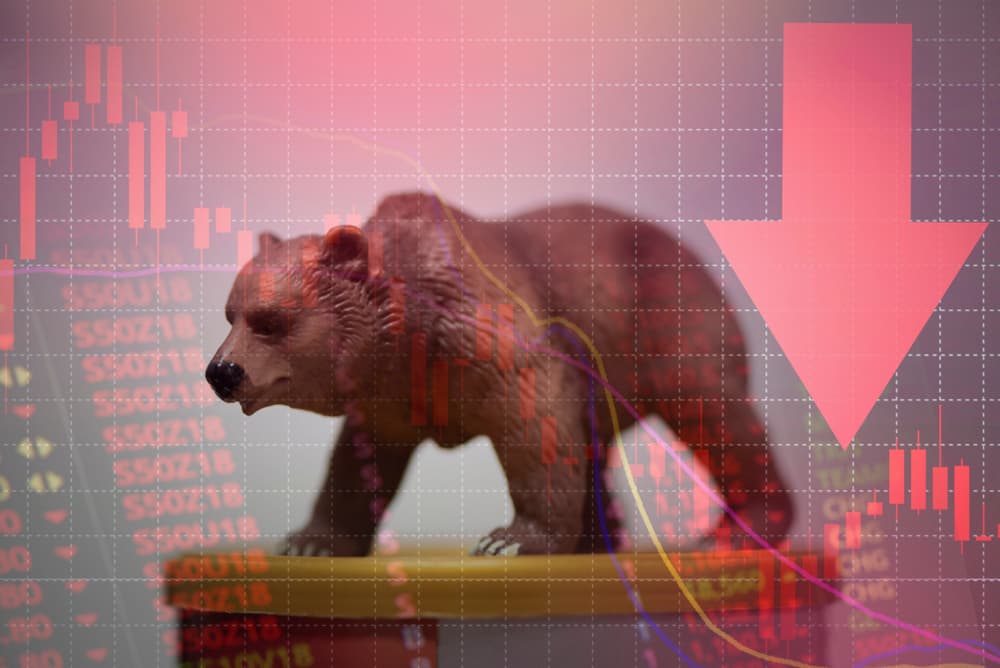
The idea of punishing trade is silly; specialization is the sine qua non of prosperity. One man grows tomatoes so another can focus on corn. One takes advantage of long summers to welcome tourists.
Monday, February 3rd, 2025
Bill Bonner, writing from Baltimore, Maryland
Investors sat on the edge of their chairs on Friday. Trump said he was going to impose tariffs on Mexico and Canada. Both countries promised to retaliate. The madness of it was just beginning to become clear.
There are win-win deals. There are win-lose deals. And there are lose-lose deals. Mr. Trump has found one — a deal so bad that a poll of ‘39 of the nation’s leading economists’ found not a single one who approved of it. The Wall Street Journal called it ‘the dumbest trade war in history.’
Imagine a town that tries to protect itself from competitors. Rather than freely trade with the shoe shop in a nearby-town, it demands a pay-off; ‘if we buy your shoes,’ it says to the owner, ‘you’ll have to pay us a 25% tariff.’ It makes the same proposition to the car dealer in the next town over… and with the newspaper in the state capital.
What do you think? Does this town get rich… or does it become a joke?
The idea of punishing trade is silly; specialization is the sine qua non of prosperity. One man grows tomatoes so another can focus on corn. One takes advantage of his long summers to welcome tourists… another drills for oil in the chilly north.
But you can only benefit from specialization if you can trade. Trade with neighbors. Trade with different states. Trade with people in foreign countries. That is why real money was such a breakthough; it allowed people to trade, easily, with people they didn’t know and didn’t trust.
A fool might be able to make a pair of clumsy shoes for himself in a day’s worth of labor. The shoemaker, spending an entire career at it, can make more shoes… and better ones. Then, the world is a richer place; it has more shoes! Those who don’t participate go barefoot.
This is not a controversial idea. Everybody knows that at the very least, tariffs will raise prices and make Americans poorer. They will be stuck with inferior products at high prices made by bad industries with good lobbyists. That’s already happening in the auto sector.
In this regard, Trump is merely following the Biden administration, which imposed a 100% tariff on Chinese-made electric cars. Even with a 100% tariff, the Biden bunch worried that the cars might still be attractive to US consumers… so they added more restrictions, effectively banning the lower priced/higher quality cars from the US market. Now, Americans pay twice as much for a similar car.
Team Biden argued that China’s cars should be kept out for ‘national security’ reasons. The Emergency Economic Powers Act of 1977 apparently gave him the authority. But where’s the ‘emergency’ on the steppes of Saskatchewan? Where’s the national security risk in Ottawa?
And now, all over the world, people are wondering. Being an enemy of the US empire is dangerous. But being a friend is not much better. Trump is threatening to take Greenland from our Danish allies…and the Panama Canal from our Central American friends.
Friends and enemies alike are now looking for alternatives to US consumers, US products and the US dollar. All have been politicized. Like tourists outfitted with explosive vests, who wants them?
In December the EU inked ‘the largest trade deal in history’ with the Mercosur nations of South America. Thailand did a deal with several European nations. Brussels is negotiating with Malaysia. China has done nine new trade deals since 2017. Even India, normally reluctant to enter trade agreements, is now in talks with the EU.
Only in the Americas does the US still dominate trade. And now, that is in jeopardy, too.
On Friday morning, investors wondered if the president would really do such an imbecilic thing. Maybe it was a negotiating tactic, they asked. But negotiating for what? Nobody seemed to know. Did he really expect foreign nations to solve Americans’ drug addictions…or secure its borders?
Then, when the White House revealed that it was serious about imposing tariffs on long-time friends, stocks sold off. The headlines this morning tell us that Wall Street is ‘bracing’ for more… but who knows?
What we do know is that with so much chaos and uncertainty sweeping the world, investors are looking for safety. Gold glitters, says Dan. The price per ounce went over $2,850 last week.
Cryptopolitan:
Gold makes new all-time high as Trump’s actions weaken the US dollar
The Canadian dollar and Mexican peso tumbled almost instantly while the Oval [office] interview was still going on. US Treasury yields pulled back immediately, and West Texas Intermediate oil futures jumped to $73 a barrel.
Peter Cardillo, a market economist, is betting gold will hit $3,000 an ounce soon. “We see the potential for much higher prices,” he said.
More on gold… tomorrow…
Until then,
Bill Bonner



